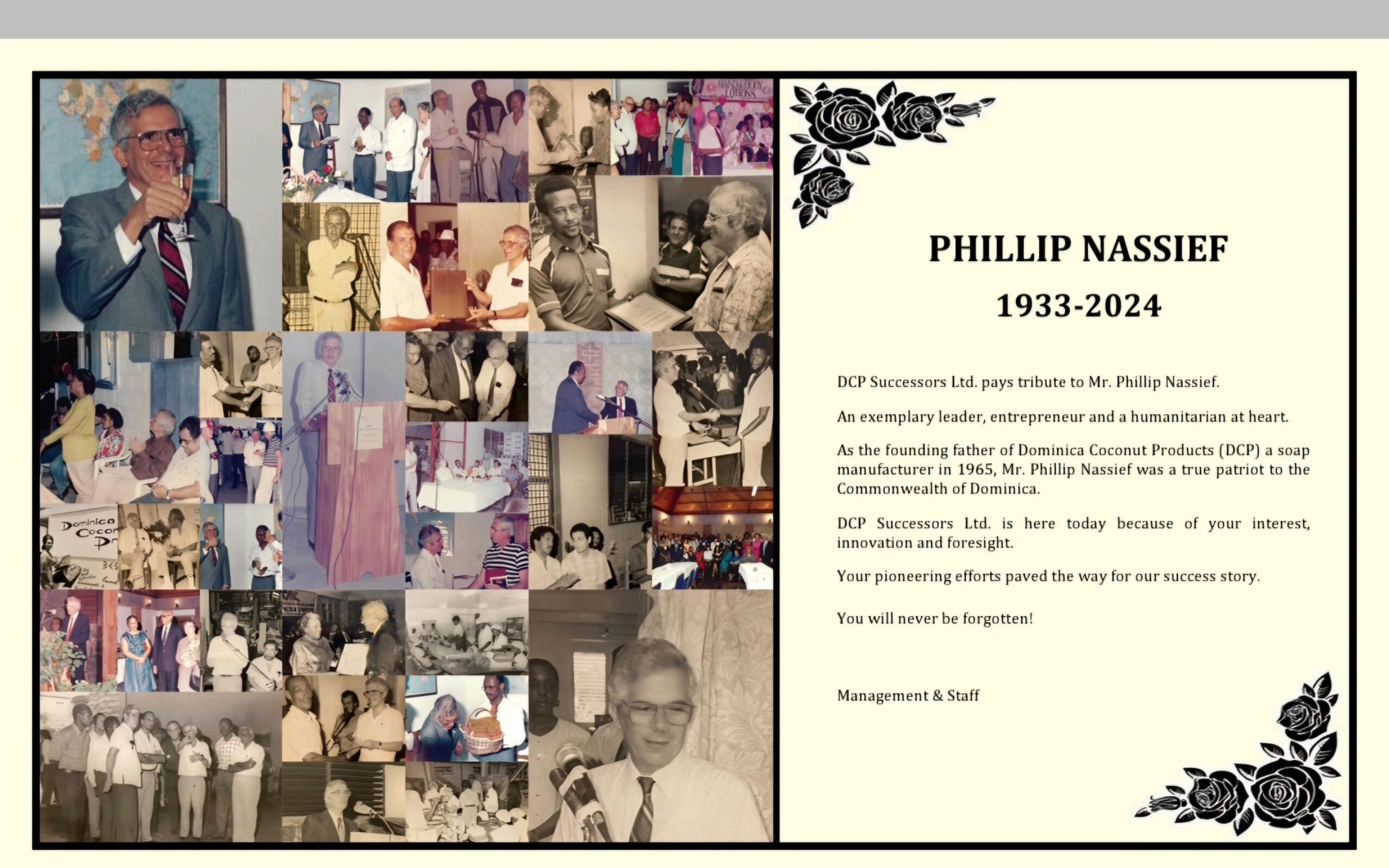
Fellow Saint Lucians, now that the Carnival festivities are over, I invite us as a nation, to spend some time in critical introspection. What can we say about ourselves after this national festivity, whether we participated or not? What measure would we use to evaluate first, the entire event and then specifically, the street parades of July 17th and 18th? What impact could the various activities have on the collective psyche of our Fair Helen to help us plan a better future for ourselves and our children?
It is accepted by many that carnival and its attendant activities are graced with many positive attributes, such as: the unleashing of the creative genius of our Caribbean people expressed in the calypso compositions and their entertaining execution; the creative costumes portraying many wholesome aspects of our culture; as well as the creation of a viable avenue for collective catharsis, in other words, the release of emotional, physical, andpsychological tensions created by the stresses of everyday life; etc. It also proves to be a natural avenue where our people can experience a sense of “freedom” for creative expression. However, Saint Paul, in his Letter to the Philippians, warns Christians about the use of such freedom. He says: “Brothers, you were called to be free; do not use your freedom as an opening for self-indulgence … When self-indulgence is at work the results are obvious: sexual vice, impurity, and sensuality …” (Gal 5:13, 19).
Witnessing the fabulous display of Adrien Augier’s Band: Tribe of Twel,
portraying the theme: “For God So Love The World, was a glimmer of
hope amid what seemed like a banalized performance of the Caribbean culture. By this I mean, the portrayal of the human attributes that left nothing to the imagination. Thus, was created, a great contrast between the Tribe of Twel and the ‘tribes of no twel’. Is it surprising that the Tribe of Twel captured all the significant prizes of July 17th and 18th Parade of theBands, namely: all four (4) places in the category “Individual of the year”; first place in “Best Portrayal of the Theme”, “Best Designed Band” and “Mass on the Move”; as well as Parade Band of the Year”. They deserve ourcommendation and congratulations!
No doubt, other bands had some honourable portrayals. However, I wish to comment on what I regard as the absolute vulgarity witnessed in many of the street bands, appropriately dubbed, the ‘tribes of no twel’ or ‘practically no twel’, behaviours that any civilized Christian society would denounce. Idare say, therefore, that if this is what we regard as our culture, I am afraid that we are in grave danger. The fact is, culture, by its very nature, must promote and enhance the dignity of the human person. Reflecting on the essential nature of the human person, the Church reminds us in its Pastoral Constitution on the Church in the Modern World: Gaudium et
Spes, that:
“Man, though made of body and soul, is a unity. Through his very bodily condition he sums up in himself the elements of the material world. Through him they are thus brought to their highest perfection and can raise their voice in praise freely given to the creator. For this reason, man may not despise his bodily life. Rather he is obliged to regard it as good and to hold it in honour since God has created it and will raise it up on the last day … His very dignity therefore requires that he should glorify God in his body, and not allow it to serve the evil inclinations of his heart” (GS. 14).
These words are akin to those of Saint Paul in his First Letter to the Corinthians, in which he reminds us: “Your body … is the temple of the Holy
Spirit, who is in you since you received him from God. You are not your own property; you have been bought and paid for. That is why you should use your body for the glory of God” (1 Cor 6:19-20). It means that anything which is demeaning to the dignity of the human person, is not worthy of public display. Carnival, therefore, or any human celebration should not be used as an excuse for any form of licentiousness. No wholesome culture can promote any human indecency; the two are incongruent! Whatever is dishonourable in the sanctuary, is also dishonourable in the public sphere.
As a people, therefore, we need to be concerned about what we present to the present generation of youth to prepare for the next. Whatever is accepted as moral norms, or the lack thereof in this generation, will spill over to the next with its increasing decadence. Any lack of moral checks and balances on the level of family, church or nation, spells doom. A drive up the Castries-Gros Islet Highway on Monday, July 17th, and a glimpse of the Television coverage of activities of Tuesday, July 18th made me very sad. I was appalled by what our ladies had reduced themselves to. The truth is, whatever we regard as permissible, whether in the context of Carnival when the guards of the people are down, or in the more controlled environment, only serves to erode the moral fibre of a society. Believe it or not, the novel phenomenon of the Bam-Bam Wall, which is still part of the national landscape, will continue to havesubliminal effects on the national psyche if not eliminated or exorcised.
Moreover, it seems to me that our present less-than-honourable behaviour at Carnival is only a symptom of the bigger reality: the cycle of exploitation of women, which deserves some national discussion. We may ask ourselves:
- Why is it that the question of nudity applies only to our women? We see the exploitation of women’s bodies which began with slavery, continues in contemporary society with the use of naked women to advertise cars, cigarettes, and any commodity in our consumer society. And this is considered acceptable. (2) Many musical artistes, who are male, continue this exploitation by producing lyrics which “glorify” women “shaking their bumper”, “whinening down” etc., encouraging them to embrace the “marketing role” as whineners. (3) Many women who have been the victim
of body “shaming” because of their physical appearance now use their “bam-bam” as protest in the “public space” to flaunt those who scorn their appearance in “officialdom”, thus reflecting an intermingling of “catharsis” and “protest,” as seen in the present version of carnival.
Therefore, I am proposing the call for an open invitation of all stakeholders, to a national discussion on, ‘The way Forward for St. Lucia Carnival’, one of our biggest cultural and economic resources. Only in such a forum can we forge the appropriate answers to the questions: (1) what do we really want for our nation? (2) What will Carnival 2024 and beyond be like? (3) Will we continue to be copycats on the road to further moral and cultural decadence or are we going to set different standards towards a morally and spiritually healthy nation? The answer my friends must come from within, the answer must come from within!










